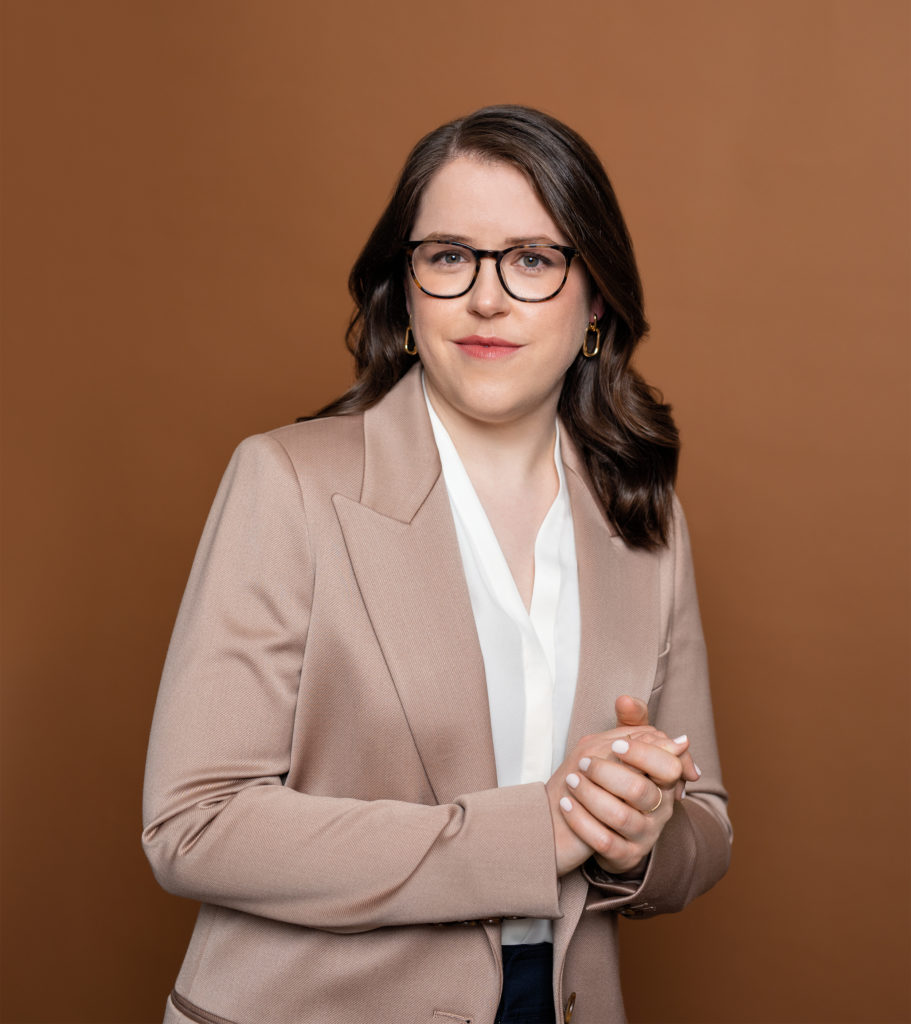In May of 2018, Colleen McKeown met with a potential client named Damir Cepic. At a recent trial, Cepic had been convicted of sexually assaulting a woman in the VIP room of a strip club where he worked as a dancer. He didn’t deny having sex with the complainant, but he said it was consensual. He wanted to appeal the decision.

Colleen McKeown
Partner, Daniel Brown Law LLP
Year of call: 2016
At the time, McKeown was a second-year associate at the criminal-defence firm Daniel Brown Law LLP. Despite that junior vintage, she was already a first-rate appellate lawyer. “Colleen is an exceptional writer, and she’s very cerebral,” says Daniel Brown, lead counsel at the firm. “She’s fearless when it comes to taking on new and difficult cases.”
McKeown applied that tenacity to Cepic’s appeal. When she reviewed the decision, she noticed a troubling pattern: the judge routinely characterized her client’s testimony at trial as “implausible” or “nonsensical” without tying those conclusions to any evidence. At one point, for instance, the judge addressed Cepic’s claim that the complainant had willingly “touched his penis” in the middle of a lap dance. The judge deemed that “implausible” because the woman, until that night, had never had a lap dance or been to a strip club. To McKeown, that finding was rooted not in evidence but in an assumption that someone at a strip club for the first time “would behave in a timid way.”
In her appeal, McKeown cited caselaw that prohibits judges in sexual-assault trials from assessing the credibility of a witness by falling back on gendered stereotypes. Historically, the courts have relied on bias to doubt the testimony of complainants. In the Cepic case, of course, the judge had disbelieved the accused. But the decision still hinged on multiple assumptions about how women are supposed to act. McKeown argued that the entire ruling was tainted.
Ultimately, she won: the court ordered a new trial. “First and foremost,” says McKeown, “I’m happy that I was able to get the result for my client.” The precedent-setting case also sent a clear message to the judiciary. “Judges have to be careful about relying on what they think is common sense,” she says. “They really need to look at the evidence.” (At his second trial, Cepic was acquitted.)
Today, McKeown is a partner at Daniel Brown Law. The 33-year-old has appeared as lead counsel at all levels of court in Ontario and served as co-counsel at the Supreme Court of Canada. Outside the courtroom, she’s an active member of the Criminal Lawyers Association and an adjunct professor at the University of Toronto. She teaches legal research and writing to first-year law students. “Helping students get on the right path early is something I really enjoy,” she says. “It’s important to give back to the profession.”
This story is from our Summer 2022 Issue.
Photography by Kayla Rocca. Hair and makeup by Aniya Nandy.


